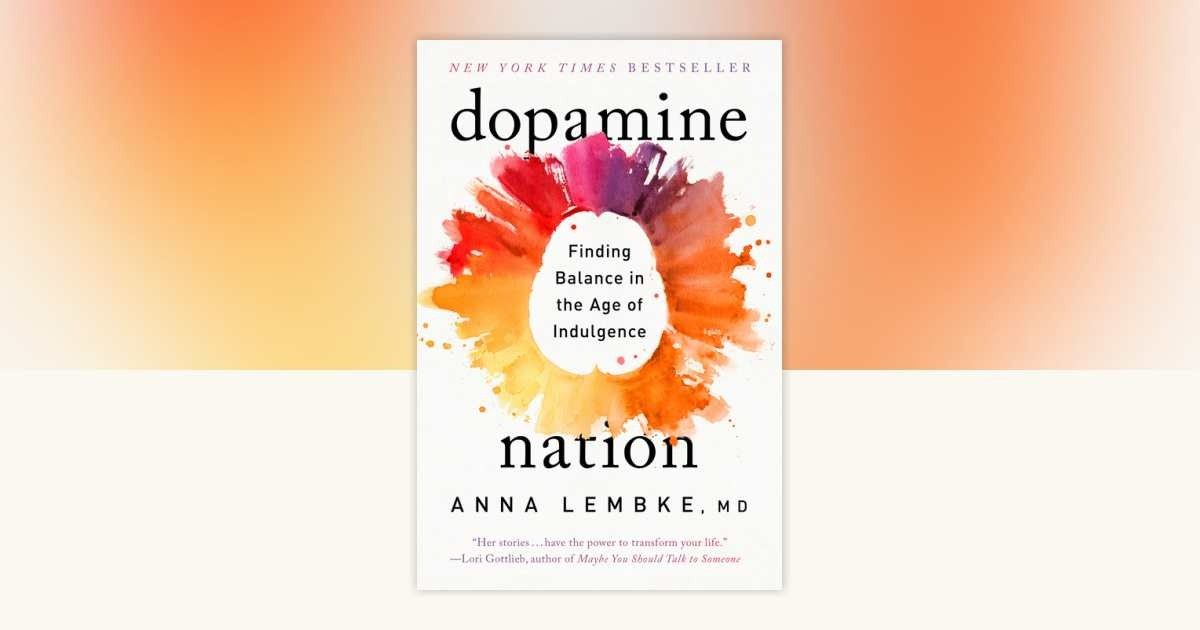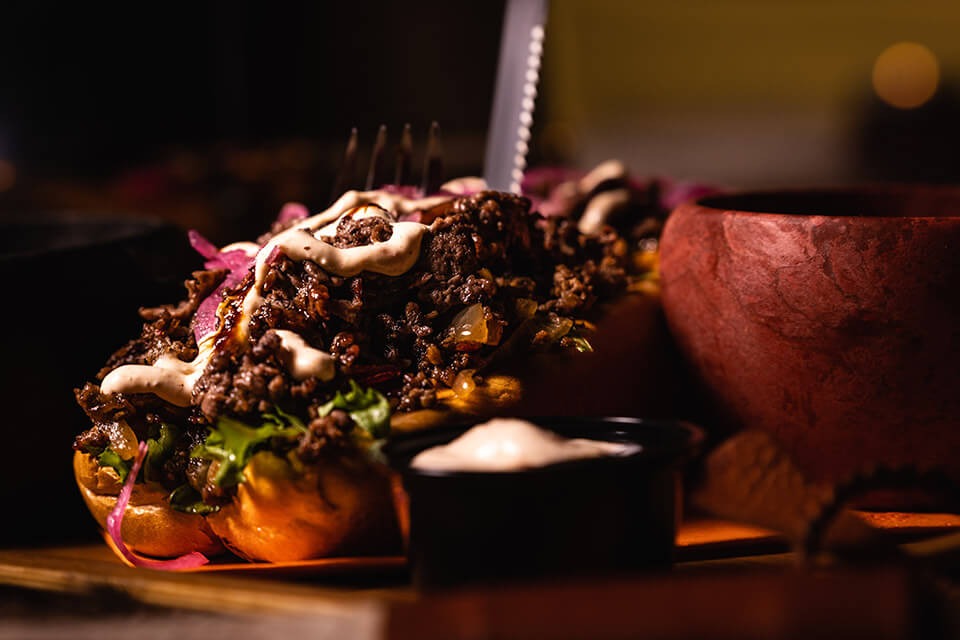Constant culinary pleasure is killing your ability to enjoy food. Dr. Anna Lembke’s “Dopamine Nation” reveals how the brain’s delicate pleasure-pain balance gets hijacked by modern food environments—turning Instagram-worthy brunches and endless food delivery into neurochemical traps that paradoxically drain satisfaction from eating.
The Science Behind Food’s Addictive Pull
Processed foods and food delivery apps trigger rapid dopamine spikes that mirror addictive substances.
Lembke explains that any experience’s addictive potential correlates directly with how much dopamine it releases and how quickly. Ultra-processed foods, restaurant apps promising 15-minute delivery, and the constant novelty of culinary tourism create the perfect storm for compulsive consumption.
Your brain adapts to these intense rewards by becoming less sensitive—meaning yesterday’s incredible meal feels mediocre today. This neurological adaptation explains why food culture’s endless pursuit of the next great dish often leads to diminished satisfaction rather than enhanced pleasure.
Breaking Free From the Pleasure Trap
Strategic abstinence from highly rewarding foods can restore natural pleasure sensitivity.
Lembke’s patients who practiced “dopamine fasting”—deliberately avoiding sugar, processed foods, and rich restaurant meals for set periods—reported renewed enjoyment and improved mood afterward. This isn’t about permanent restriction but strategic reset periods that recalibrate your brain’s reward system, similar to approaches like the carnivore diet.
Think of it as clearing your palate on a neurological level. The key insights for food culture include:
- Embrace discomfort for lasting reward: Skip the instant gratification of delivery apps occasionally
- Connection trumps consumption: Communal eating and cultural rituals provide deeper satisfaction than solitary indulgence
- Strategic restraint beats constant pleasure: Mindful eating and seasonal fasting heighten appreciation
- Moderation requires conscious effort: Set intentional limits rather than defaulting to excess
Reclaiming Food Culture From Overconsumption
Balance requires rewiring both individual habits and cultural food narratives.
The solution isn’t food puritanism but conscious engagement with pleasure. Lembke’s research suggests that lasting satisfaction comes from meaning and connection, not hedonic consumption. This translates to savoring meals slowly, choosing quality over quantity through approaches like plant-based cookings, and viewing occasional indulgence as part of a broader cultural practice rather than daily default mode.
Food culture’s dopamine crisis isn’t inevitable—it’s fixable through intentional choices that prioritize depth over stimulation.


















